Israel - a small country with limited resources, but has risen to become one of the world's leading "technological powers".
During a meeting with Israeli Minister of Labor and Welfare Rabbi Yoav Ben Tzur in May 2025, Prime Minister Pham Minh Chinh assessed that science, technology and labor are two important fields in which the two countries can complement each other; he proposed that Israel cooperate and support Vietnam in science and technology, innovation, digital transformation, and startups, and that Vietnam support and supplement Israel in human resources.
Israel does not have a large domestic market due to its small population and limited diplomatic relations with many neighboring countries. Therefore, Israeli startups are forced to target the global market from the very beginning.
According to many experts, early internationalization thinking is the core factor that helps Israeli startups develop globally applicable technologies, while flexibly adjusting their market approach strategies to suit international needs. Expanding to international markets is not only an opportunity, but also a requirement for innovative products to achieve optimal scale and efficiency.
Another important factor in Israel’s success is the close connection between startups and multinational technology corporations. “Giants” such as Nvidia, Google, Microsoft, Intel, Apple, Amazon, Meta, IBM, Cisco, Oracle… are all present in Israel with large-scale research and development (R&D) centers.
These corporations need the creativity and flexibility from startups to maintain their technological leadership, while startups need the market access, technical collaboration and testing environment that only global businesses can provide.
This symbiotic relationship is a prominent feature of Israel's innovation ecosystem, something that other countries may consider developing further in the coming time, especially through policies to attract FDI in the high-tech sector.
Israel’s success is not solely due to individual entrepreneurship, but is the result of a carefully planned national strategy that began in the late 1970s. The Israeli government now invests more than 6% of its gross domestic product (GDP) annually in R&D – the highest rate in the world – and has been implementing a number of startup support programs, including the “Yozma” initiative of the Office of the Chief Scientist of the Israeli Ministry of Economy, which provides seed capital to de-risk early-stage tech startups and attract international venture capital.
The unique public-private partnership model has become the foundation for the thriving innovation ecosystem in Israel, creating an ideal environment for startups to flourish and quickly reach out to the world.
Despite the different development conditions, the lessons from Israel show the importance of a coherent, in-depth national strategy, supported by specific policies and a favorable institutional environment. Effectively combining the public and private sectors, increasing investment in R&D, and promoting links with global technology corporations to create a sustainable innovation ecosystem are the "secrets" that helped Israel achieve its position today.
Speaking to VNA reporters in Israel, former Israeli Prime Minister Ehud Barak said that Vietnam will make even faster progress in the high-tech sector. He highly appreciated the way the Vietnamese Government creates conditions for small businesses to develop, thereby promoting a strong entrepreneurial spirit among the people.
The former Israeli leader emphasized: "The cooperation between Israel and Vietnam is driven by mutual admiration and belief in future potential... I believe that, especially in the field of innovation, bilateral cooperation still has a lot of room for development - as long as there are more supportive policies and conditions from the government to support young entrepreneurs."
Mr. Eyal Buvilski, Chairman of the Israel-Vietnam Friendship Association, former Deputy Ambassador of Israel to Vietnam, said that Israel has a lot of technology, knowledge and scientific research. Meanwhile, Vietnam has great potential - Vietnam knows how to produce and do things that Israel cannot, for example, expanding the scale of production.
According to Mr. Buvilski, cooperation between research institutes, between the government, between Israeli private enterprises and Vietnamese partners - all are very important. He commented that Vietnam has not yet exploited its full economic potential. There are many places where Vietnam can export products. He stated: "I think if we combine the knowledge from Israel with the capabilities, vision and capacity of the Vietnamese economic sector, we can go much further."
Former Israeli Justice Minister Yossi Beilin assessed that after many years of technological development and modernization, Vietnam has achieved many successes, even surpassing the countries that went before it in some technological fields. Part of the reason is because the Vietnamese are good people, know how to work and are not lazy.
Another factor is that Vietnam is behind, so it has the advantage of being a latecomer in the technology field, not to mention AI and many other fields that are being strongly applied in Vietnam - things that no one thought of 50 years ago.
According to Mr. Beilin, Israel’s strong technological transformation is a clear demonstration of the central role of the state in creating an innovative environment. Vietnam has all the foundations to embark on a similar journey, if it knows how to take advantage of domestic intelligence, learn appropriate models and create mechanisms to stimulate businesses and research institutes to innovate together.
A “Vietnamese technological miracle” is entirely possible - if supported by systematic, long-term and drastic policies from today./.
Source: https://www.vietnamplus.vn/dot-pha-theo-nghi-quyet-57-duong-toi-phep-mau-cong-nghe-post1060646.vnp


![[Photo] Solemn opening of the 12th Military Party Congress for the 2025-2030 term](https://vphoto.vietnam.vn/thumb/1200x675/vietnam/resource/IMAGE/2025/9/30/2cd383b3130d41a1a4b5ace0d5eb989d)
![[Photo] General Secretary To Lam, Secretary of the Central Military Commission attends the 12th Party Congress of the Army](https://vphoto.vietnam.vn/thumb/1200x675/vietnam/resource/IMAGE/2025/9/30/9b63aaa37ddb472ead84e3870a8ae825)
![[Photo] The 1st Congress of Phu Tho Provincial Party Committee, term 2025-2030](https://vphoto.vietnam.vn/thumb/1200x675/vietnam/resource/IMAGE/2025/9/30/1507da06216649bba8a1ce6251816820)
![[Photo] President Luong Cuong receives President of the Cuban National Assembly Esteban Lazo Hernandez](https://vphoto.vietnam.vn/thumb/1200x675/vietnam/resource/IMAGE/2025/9/30/4d38932911c24f6ea1936252bd5427fa)

![[Photo] Panorama of the cable-stayed bridge, the final bottleneck of the Ben Luc-Long Thanh expressway](https://vphoto.vietnam.vn/thumb/1200x675/vietnam/resource/IMAGE/2025/9/30/391fdf21025541d6b2f092e49a17243f)



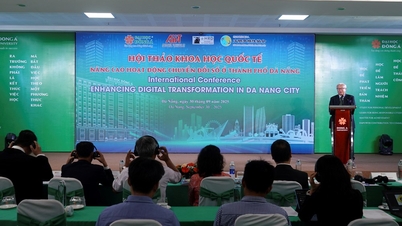

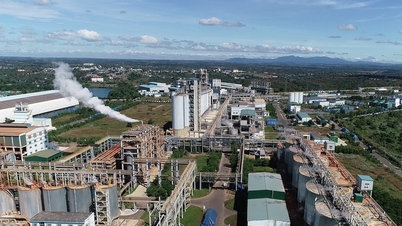

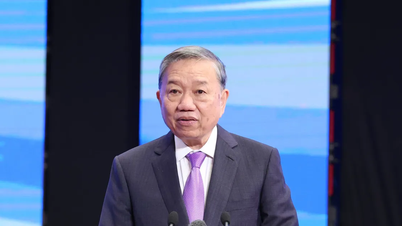














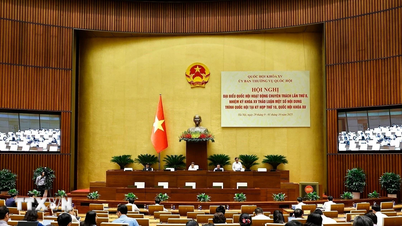
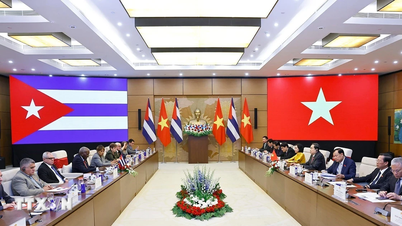

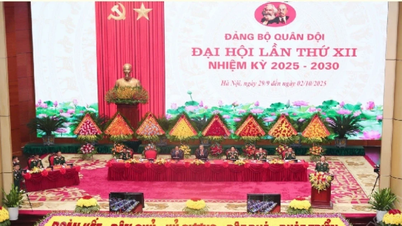





















































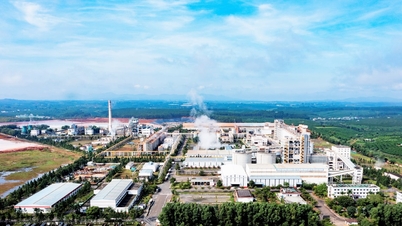
















Comment (0)